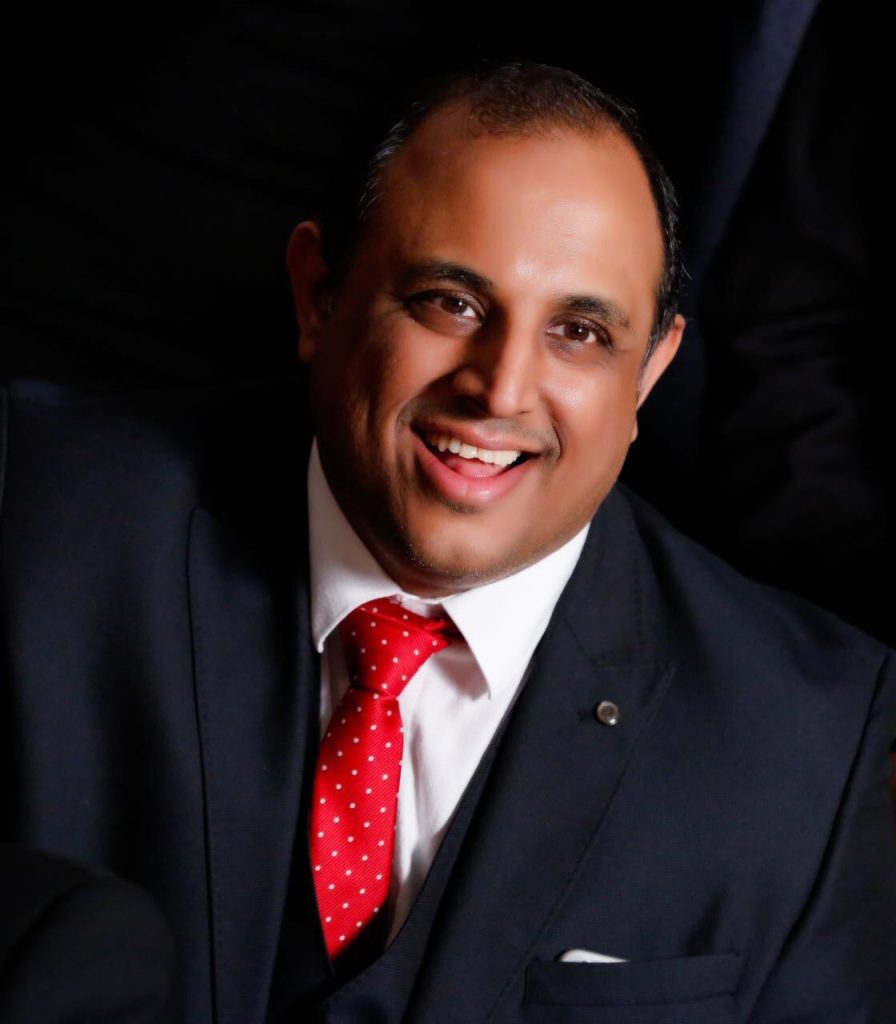On the lighter side of things we ask Imran Aly Saleh, CIO, Al Habshi Consultants, Kuwait, about what makes him tick.
What would you describe as your most memorable achievement?
I started my career in retail and then jumped into consulting where I worked for projects for banks, military projects, mixed-use real estate projects and hospitals.
I got to a point where I was wanting to get into more hands-on IT management roles to grow my profile and my career, as I had already reached the role of Senior Lead Engineer.
The right way was certification which opened doors to different markets and eventually I secured more of an operational role which I had wanted. This was a very difficult journey but with right certifications and perseverance and lots of networking, I was able to move to become Head of IT for a real estate firm.
That journey led me to develop a team, implement cloud and security principles and run them which I have been documenting and designing in my consulting days.

What first made you think of a career in technology?
During the early days, my father thought it was best to put me into a C programming class that time offered to KOC siblings, which made me realise what a turtle can do on an IBM screen. I further got intrigued with some of my classmates who could then control a set of lights from a computer using a printer port. That’s when I knew this was my calling.
What style of management philosophy do you employ with your current position?
Working across banking, retail, consulting, construction, hospitality, medical and finance I have realised that systems and processes are unique and require collaboration with different departments all the time.
I have often worked my way around by selecting the right ambassadors for different departments, understanding my team’s position of strength, and lead and mentor them through their career journey.
What do you think is the current hot technology talking point?
Currently, the hot topic is Artificial Intelligence and its use in business cases be it cybersecurity, bots, IoT or management dashboards. It gives you the power of knowledge in technology to allow making decisions more accurate and immediate.
How do you deal with stress and unwind outside the office?
Luckily, I was introduced to the importance of physical fitness very early in my school, and football being the sport of choice of the region I had ample opportunity to unwind. However nowadays with the always connected and always accessible lifestyle, I have found more comfort in mind space exercises. Typically, I try to work out three times a week and meditate at least 60 mins daily.
If you could go back and change one career decision what would it be?
That’s an easy one, I wish I could go back and do my master’s in Computer Engineering. Hopefully I will do so at some point in my career.
What do you currently identify as the major areas of investment in your industry?
Currently, the big investment is in cybersecurity, data mining and IoT technologies. This enables us to harness the already existing infrastructure with secure, effective and efficient use.
What are the region-specific challenges when implementing new technologies in the Middle East?
I think the Middle East has come a long way with technology and with new projects in terms of techno parks, Smart Cities and convergence of OT with IT. What the region really requires is integration specialists who can harness this challenge.
What changes to your job role have you seen in the last year and how do you see these developing in the next 12 months?
In the past 12 months I have seen an influx of certification in specialised core systems like cybersecurity, cloud computing, Big Data and Machine Learning. This has given better tools for professionals like us to get to expert levels relatively quickly and specifically. Being certified in cybersecurity last year has made my role more robust and updated based on today’s needs.
What advice would you offer somebody aspiring to obtain C-level position in your industry?
Typically, C-level assignments are when you make it to the 15 plus year experience mark, which places one well for the management level but less advanced on the Information Technology side. I suggest doing more certifications and plan your growth more on your strength and not on what others do, one can always hire the right resources for your weaknesses.
Click below to share this article

